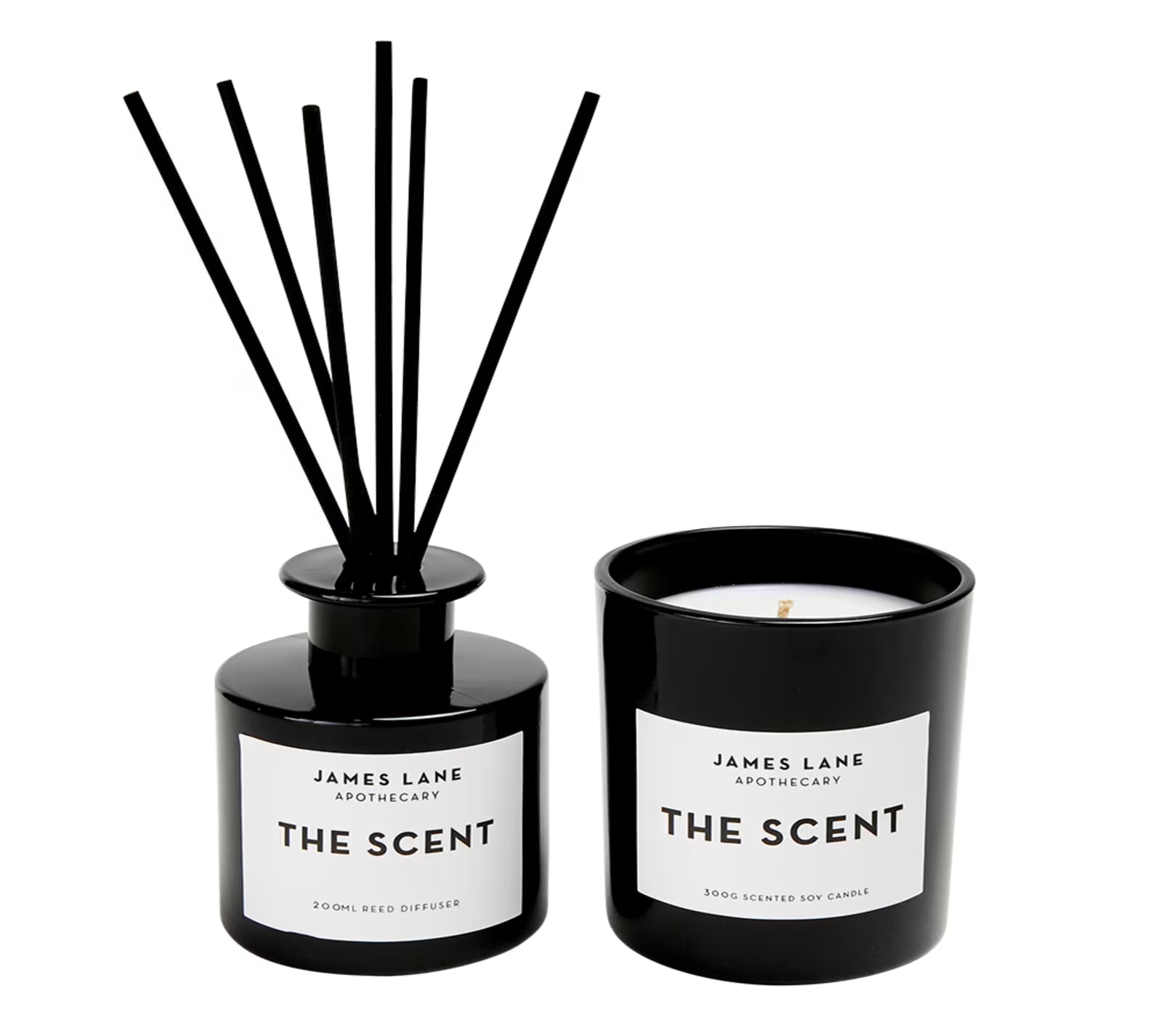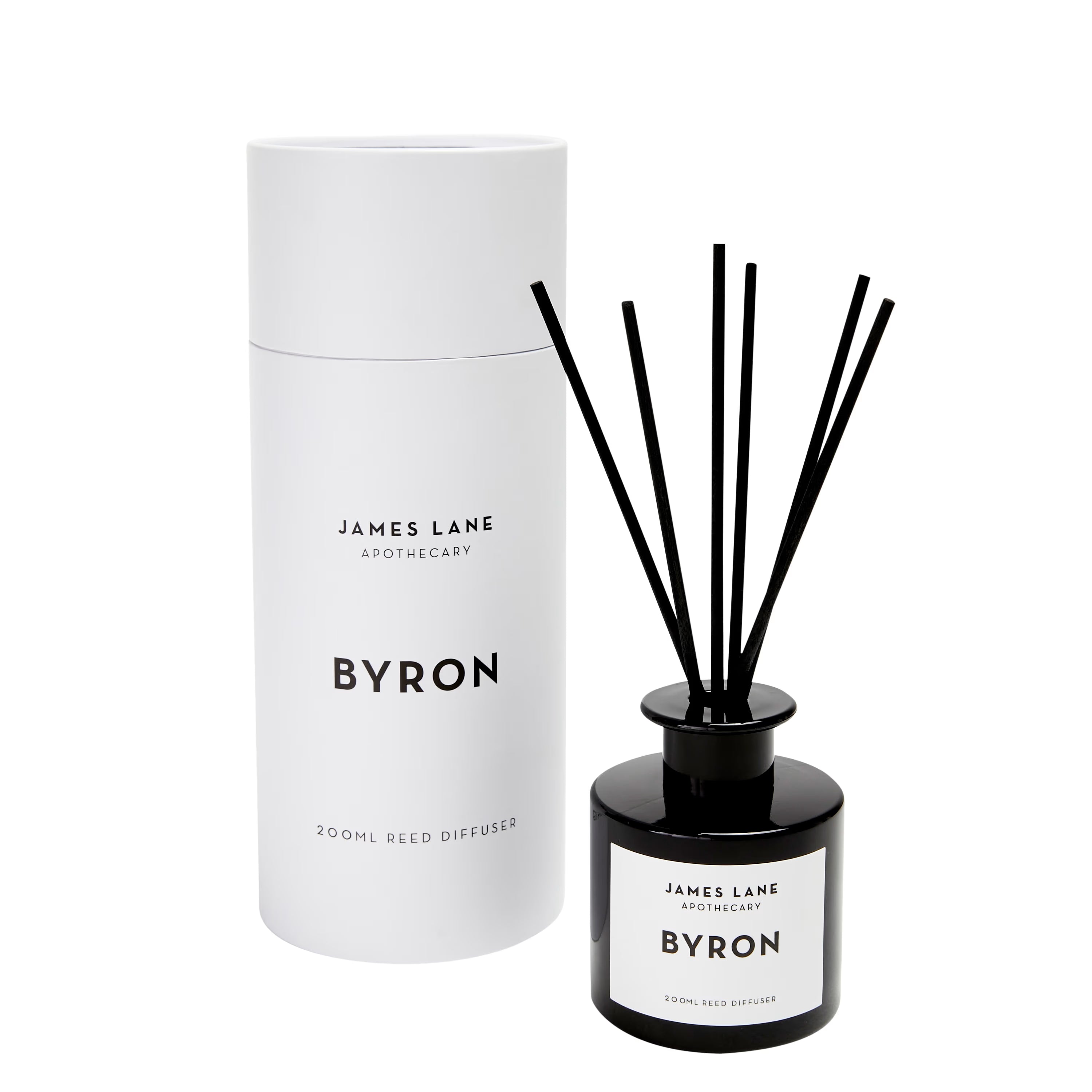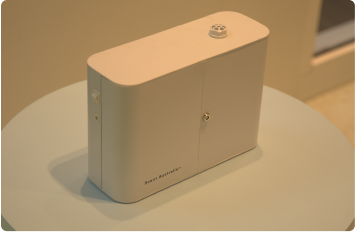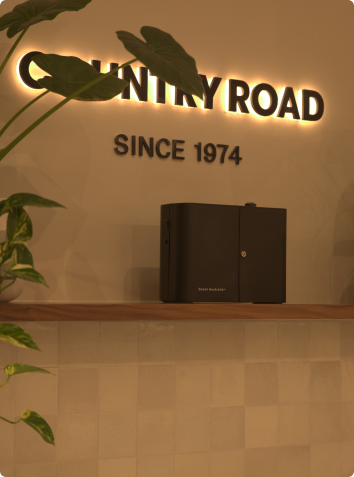Scent Marketing Trumps Digital Marketing

If you are in the marketing field, all the buzz in the last five years or so revolves around digital marketing: web, SEO, social media, and mobile marketing. Yes, certainly these are all relatively new ways of reaching people and of course marketers are going to try to take advantage of them. However, as data has come in it appears that these may not be all they are cracked up to be, particularly in social media. Social media is a very personal medium and when companies use people's profile information to micro-target ads to them, they are regarded as "creepy." Another downside of digital marketing is that it is the ultimate hyper-crowded information overload setting, making any kind of brand attention and decision difficult at best.
The new buzz, as we in the scent and sensory marketing field have been saying for quite a while, is experiential marketing. The new science of neuromarketing has proven that the vast majority of buying decisions are made with the primitive reptilian part of the brain, where emotion rules supreme.
Marketers define experiential marketing as sensory experiences felt in relation to a product or brand. These sensory inputs are then paired in the customers' brains to an idea or value. For example, a common linkage is heavy = valuable. That is why men will frequently buy heavy jewelry for their wives and are flummoxed when the recipient doesn't like it. Another example was cited by Zev Auerbach in his presentation at ScentWorld, where high-end stereo manufacturer Bang & Olufsen intentionally weighted down their remote control unit to convey the tactile idea that it was expensive and well-built.
Scent also plays very easily into this strategy, as it is the only sense that is processed in that non-cognitive part of the brain. In a research study, people in two rooms were asked what they were planning to do that weekend. One room was scented with a lemon fragrance, while the other room was unscented. In the scented room, nearly half of the people said they were planning to clean, compared to 15% in the unscented room.
Similarly, we know that different fragrances can make people perceive a room as being either bigger or smaller than it actually is, and can even make people think that an individual is more slender than he or she is perceived to be without the scent.
The point of experiential marketing is to tap into these common associations, and also to create a pleasant environment for the customer so that this idea of pleasantness will subsequently be associated with Brand X.
Some conspiracy minded people are spooked by the whole idea of neuromarketing, pegging it as manipulative, or mind control. As far as manipulative, isn't all marketing and in fact, all persuasion of any kind in essence manipulative? The point is to persuade or influence the customer to take some kind of action, such as voting for a candidate, buying a product or making a donation. On the subject of mind control, experiential marketing and neuromarketing are more akin to mind reading than mind control. As with any kind of mind study, neuromarketing seeks to understand how people think rather than make them think a certain way. Although many decisions do take place in that reptilian brain, we still always have the option to use our higher cognitive processes to make buying decisions.
Source: Independent Aroma Group
Contact Us
Contact us for more information about how easy it is to begin your scent marketing journey to improve customer experience and increase sales and ROI!









 Brian Clark
Brian Clark










